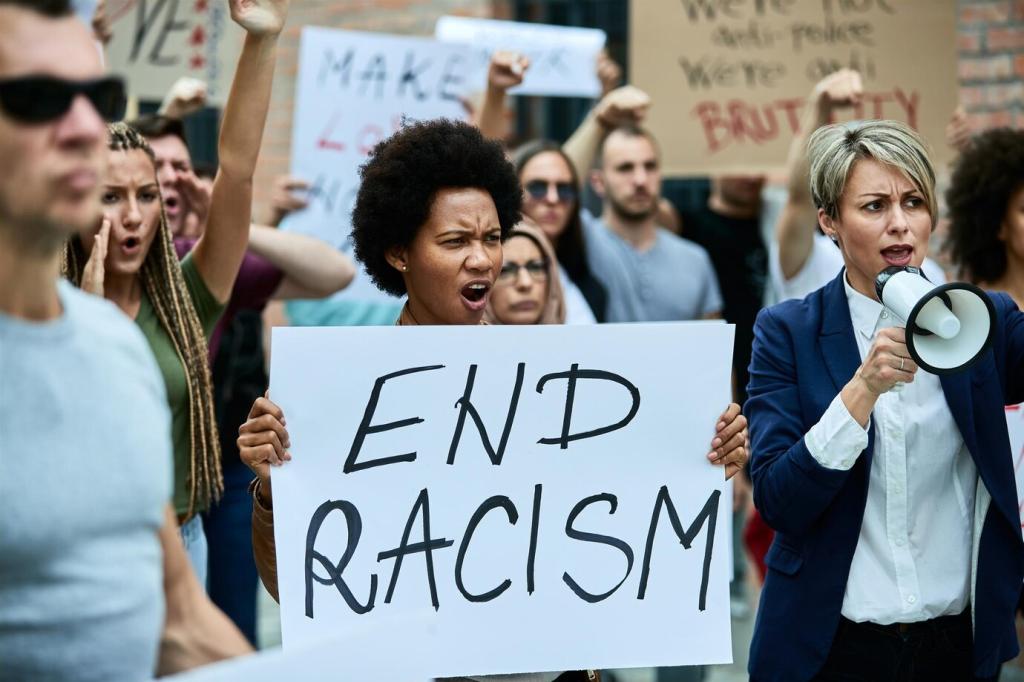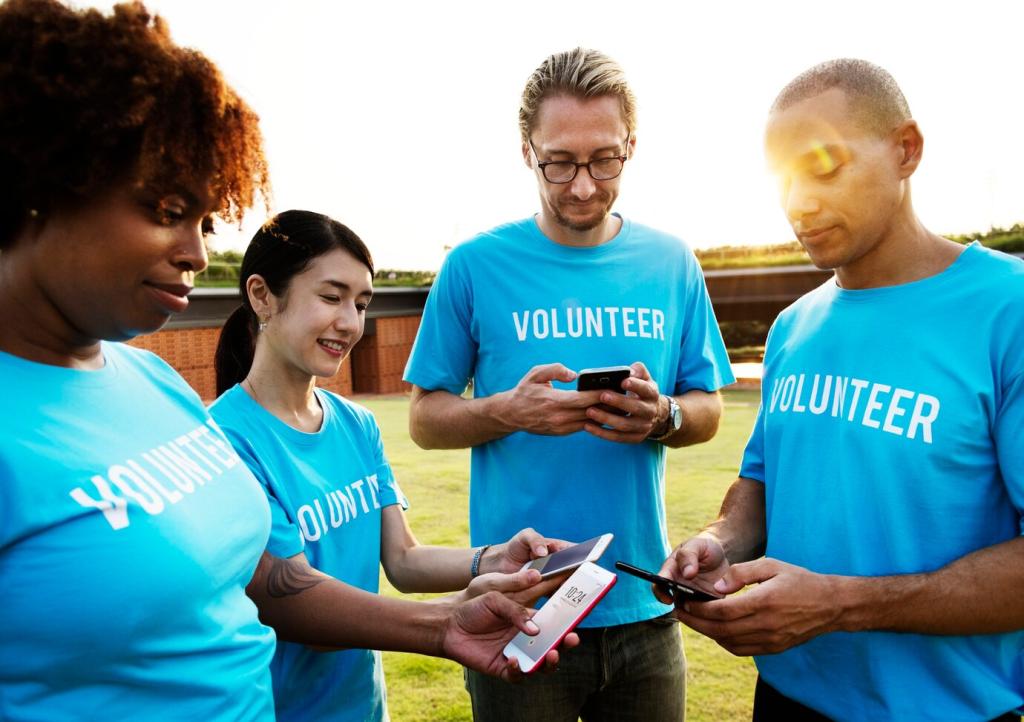
Bridging Communities and Environmental Education: NGOs at Work
Chosen theme: Bridging Communities and Environmental Education: NGOs at Work. Welcome to a space where local knowledge meets practical learning, and where NGOs help neighbors, schools, and scientists build lasting stewardship together. Join the conversation, share your experiences, and subscribe for stories that turn awareness into action.
Why Bridges Matter: From Awareness to Action
NGO facilitators translate complex science into stories grounded in local rivers, parks, and farms, so residents recognize themselves in lessons and feel motivated to protect places they love.
Successful education starts with relationships. By listening first, honoring local customs, and co-defining goals, NGOs ensure that toolkits and curricula actually fit the community’s rhythm and needs.
Field days, nature walks, and shoreline cleanups connect theory to place. Students journal findings, elders share memories, and families bring snacks—tiny rituals that make learning social, joyful, and deeply memorable. Share your favorite field story.
NGOs as Connectors: People, Places, and Possibility
Community fishers can read tides like books, while scientists analyze long trends. When NGOs convene them, shared observations strengthen decisions about restoration, monitoring, and education, creating programs grounded in both evidence and experience.
NGOs as Connectors: People, Places, and Possibility
Agreements that include maintenance plans, shared leadership, and transparent timelines endure. NGOs often host monthly check-ins where partners celebrate small wins, tackle setbacks, and keep learning resources accessible to volunteers and teachers.
NGOs as Connectors: People, Places, and Possibility
Beyond numbers, meaningful indicators include student confidence, intergenerational dialogue, and community autonomy. NGOs co-design evaluation rubrics with residents, so success reflects local priorities, not just external benchmarks. What outcomes matter most to you?
Stories from the Field: Learning in Real Life
The River That Learned Our Names
In one valley, an NGO helped families adopt river segments. Children named their stretches, painted observation markers, and logged seasonal changes. Pride bloomed, litter declined, and science journals filled with drawings and stream temperature notes.
School Gardens as Living Textbooks
A small nonprofit turned an unused courtyard into raised beds. Biology lessons shifted outdoors, cafeteria menus added herbs, and grandparents taught composting tricks. Students measured growth, graphed rainfall, and learned that soil is a story worth listening to.
Youth Radio for Climate Dialogue
Teen reporters interviewed farmers about drought memory and posted episodes online. The NGO trained them in respectful questioning, and the town council started tuning in. Education blossomed into civic dialogue, with listeners submitting questions weekly.
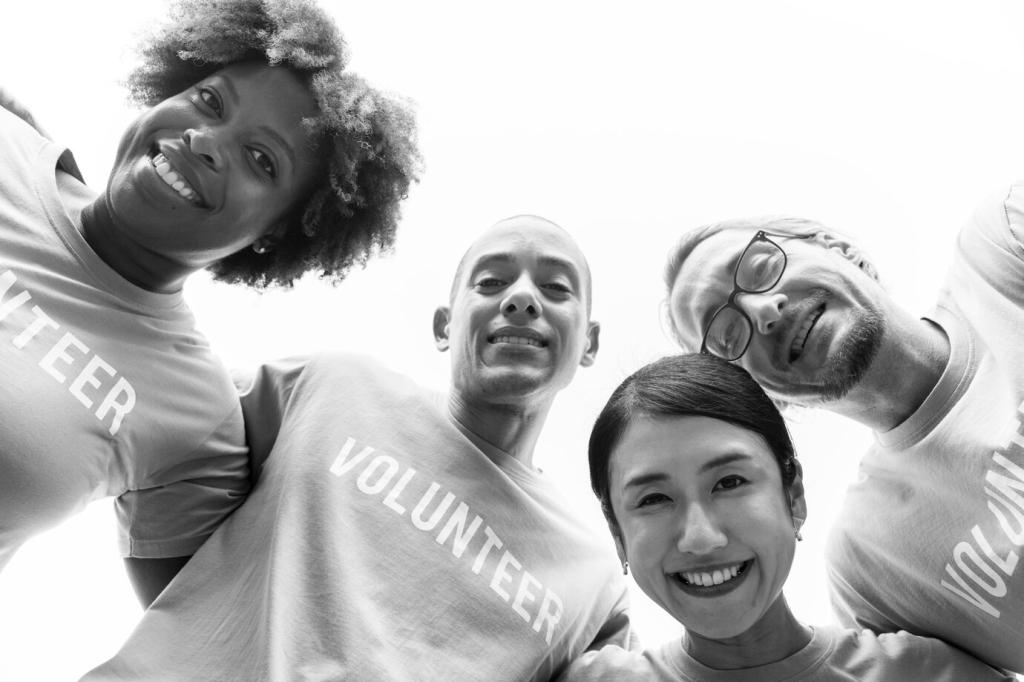
Designing Engaging Environmental Education
Every lesson should touch a local story—migrating birds over the sports field, groundwater beneath sidewalks, or wind patterns around a bus stop. Place anchors curiosity and gives students a reason to investigate meaningfully.
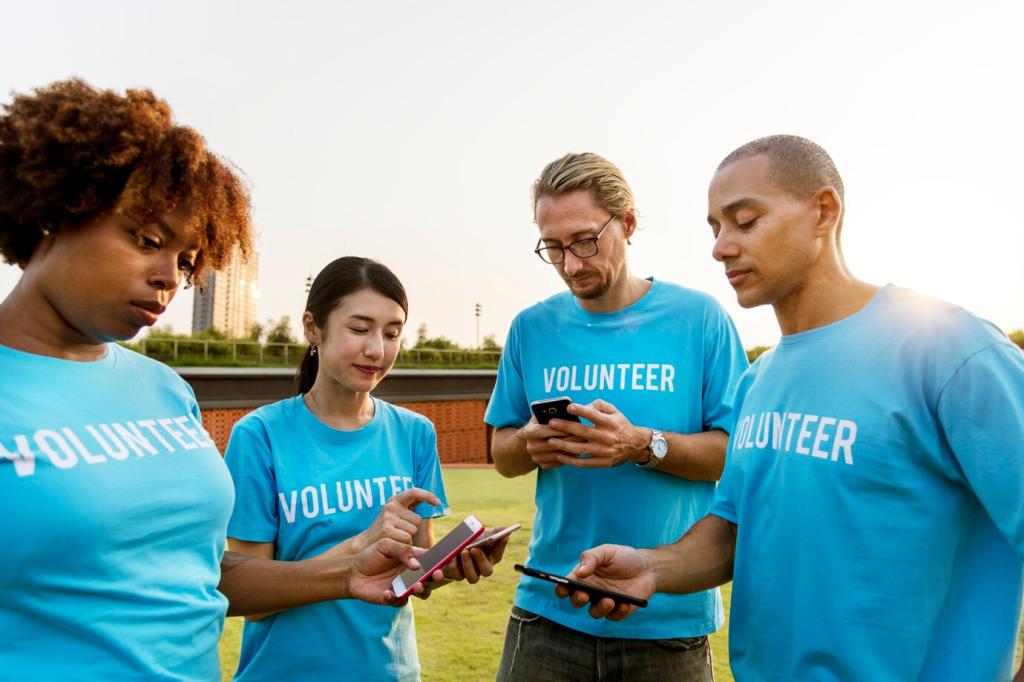
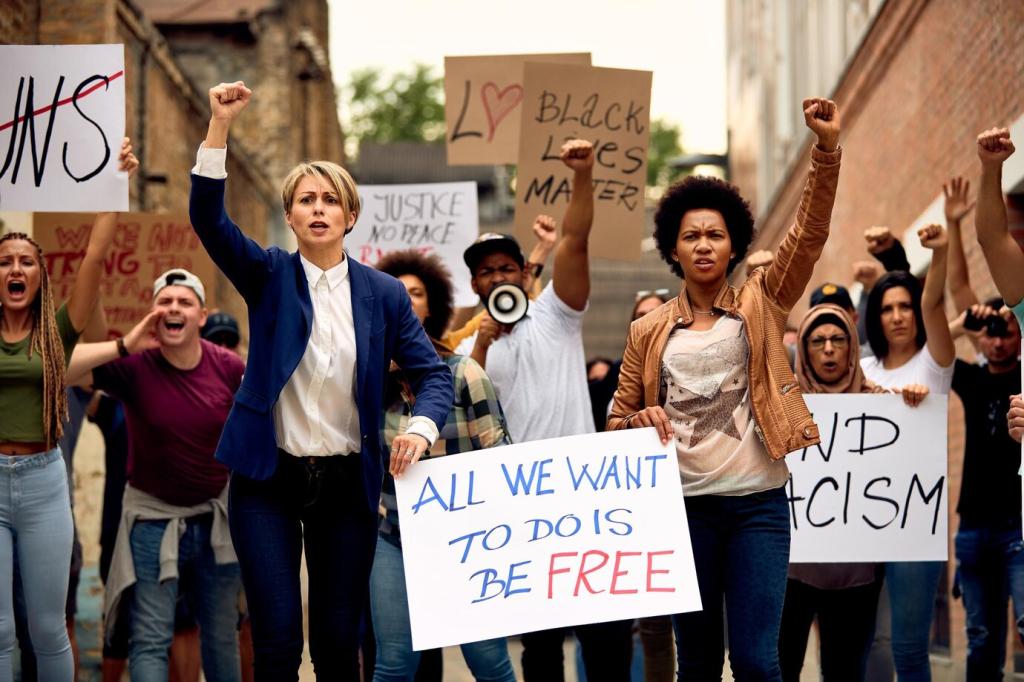

Get Involved and Amplify the Work
Choose roles that match your skills—data entry, field monitoring, translation, or storytelling. NGOs can train you, support you, and celebrate your contributions. Tell us which strengths you want to bring this season.
